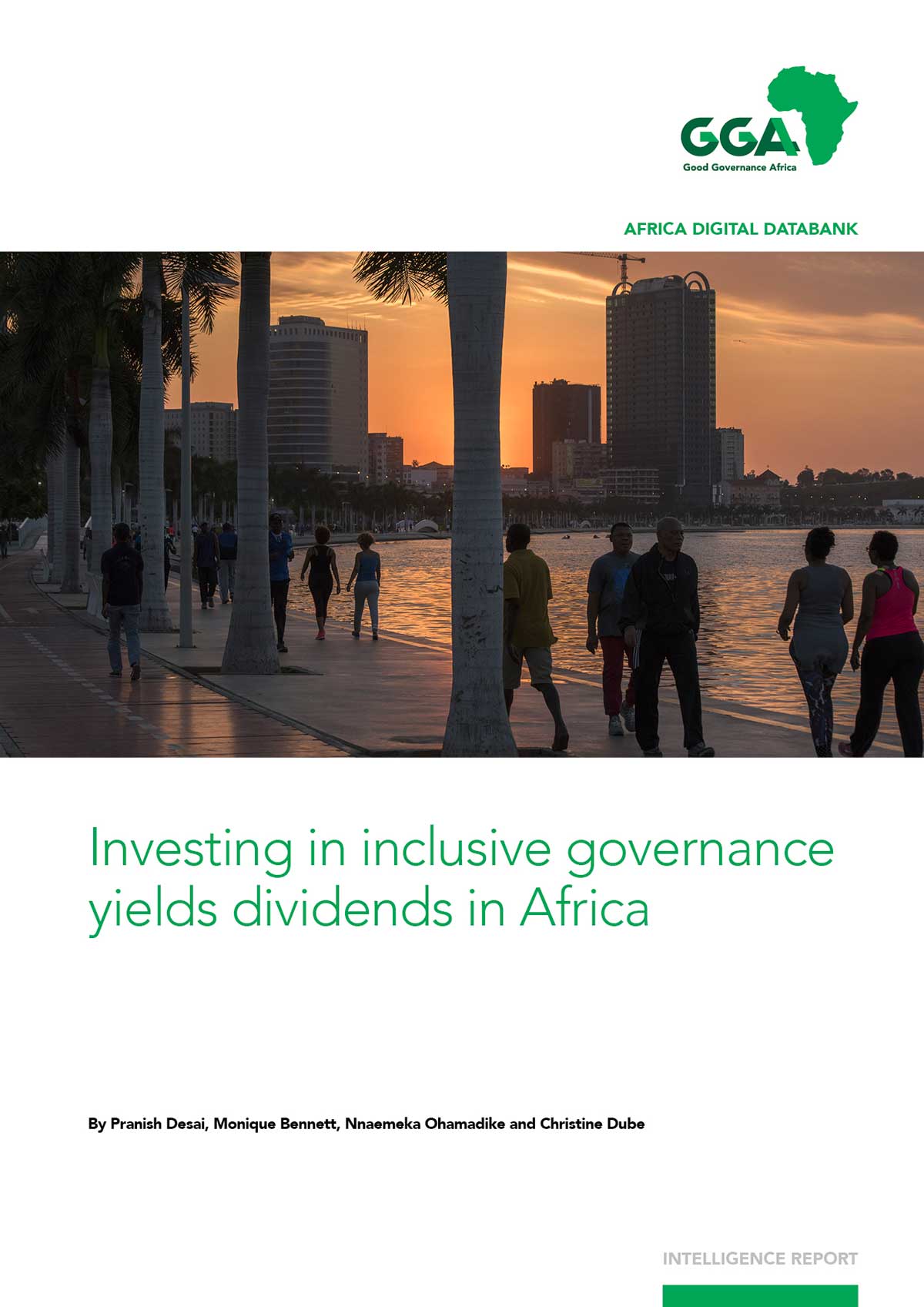
Over the long term, there is a clear association between accountable and inclusive governance on the one hand and broad-based economic development on the other.
We find empirical support for this assessment at the global, African, and regional levels within Africa across both shorter and more extended periods of time. The explanation is that a long-term governance environment which embraces accountability is also more politically stable, enabling consistent policymaking, which can sustain economic dynamism and meet citizens’ needs. Concerningly, there are African countries, including Angola, which have recently sought to repress rather than encourage participation. This has been one contributing factor to the recent stagnation and reversals which Angola has experienced in critical measures of human development pertaining to education, health and economic outcomes. This intelligence report identifies the critical implications that this finding has for companies with committed financial interests in African countries:
- The importance of inclusive governance is that a more participatory, accountable and non-discriminatory society will also see corresponding improvements in broad-based economic development, which benefits businesses and citizens in tandem.
- The private sector has both an incentive and a responsibility to actively invest in mechanisms that encourage accountable governance in African countries where they operate.
- Investing in these mechanisms minimises the reputational risk companies open themselves up to by engaging in opportunistic behaviour which bolsters rather than blocks repressive behaviour by African governments.
- Through supporting inclusive governance initiatives emanating from African civil society and local communities, companies can demonstrate that they have a long-term commitment to fostering economic development in the world’s fastest-growing continent.















